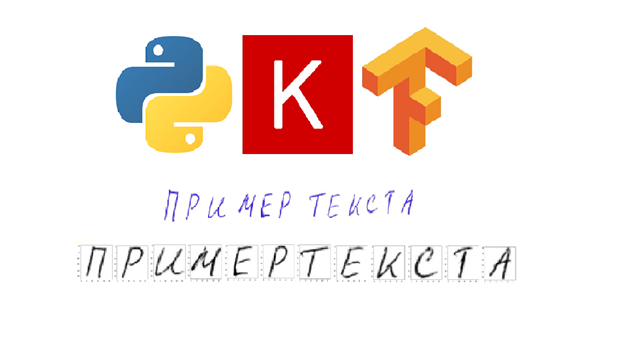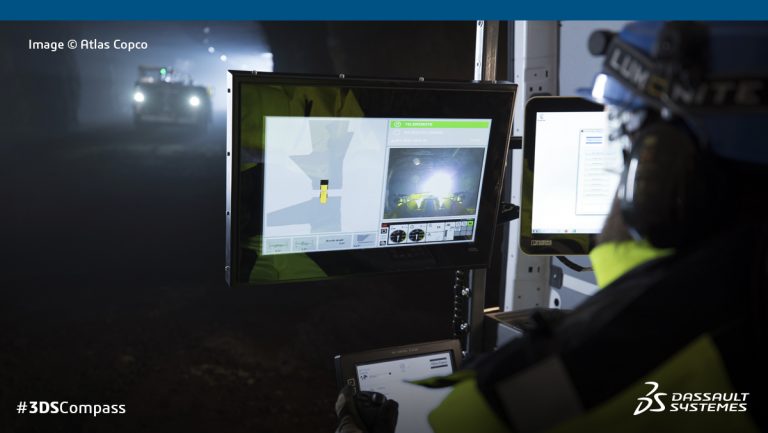How can a business analyst grow?
Hello! My name is Larisa Dansarunova, I am a business analyst with 9 years of experience and a mentor on the course “Business analyst” in Yandex Workshop. Today I’ll tell you what career development options are available, as well as where to start on your path to the profession.
What skills do business analysts of different grades need?
Such an analyst is in demand in any field, from IT to e-commerce. A specialist helps a business grow and improve. To do this, it analyzes business processes, data and requirements. The results of such analysis help businesses make informed decisions.
The main task of a business analyst is to investigate a problem faced by a business and suggest possible solutions to solve this problem. In IT companies, business analysts most often research the processes and requirements for creating software – and also help implement changes in the software or improve it.
Tasks performed by a business analyst:
collection, analysis and formalization of requirements and business processes;
designing documentation, preparing reports and presentations;
modeling processes and drawing up hypotheses;
collection and analysis of data about the market, consumers, competitors;
monitoring and analysis of key business performance indicators;
interaction with other departments.
Required skills and tools
I analyzed the vacancies on hh.ru and compiled in a table the hard and soft skills, as well as the tools that are expected from business analysts at different stages of their career.
Experience | Hard skills and tools | Softskills |
Junior | Collection, analysis and formalization of requirements. Business process modeling, knowledge of one of the notations: IDEF0, BPMN, EPC, etc. Knowledge and work with technical documentation. Proficiency in tools: MS Excel/Google Sheets, MS Word, Visio. Knowledge of database fundamentals and basic knowledge of SQL language. | Communication skills. Emotional intellect. Ability to work in a team. Ability to process received information. |
Middle | Everything a junior can do, plus: | |
Experience in analyzing existing business processes and their reengineering. Identification, analysis and documentation of requirements and/or knowledge of GOSTs: requirements specifications/SRS, Use Case, User Story, TK, BT, etc. Ability to independently communicate with stakeholders, know methods for collecting requirements. Knowledge of Agile development methodologies: Scrum, Kanban, Waterfall. Understanding of SDLC – development life cycle. Confident SQL and database skills. It will be a plus: + Understanding of the basics of system integrations and APIs | Negotiation skills. Managing customer expectations. Verbal communication and correspondence. Problem solving skills. Conducting meetings. | |
Signor | Everything a middle can do, plus: | |
Confident knowledge of project management tools: Jira, Confluence, etc. Experience working with large volumes of data and creating complex reports. Understanding the specifics of API technology, integration, and top-level architecture. The ability to develop prototypes and layouts in specialized systems, especially Figma, will be a plus. | Business correspondence. Mentoring. Systems thinking and logic. Attention to detail and methodical. | |
Signor+ | Everything the signor can do, plus: | |
High level of expertise in data analytics and/or business process management. Strong knowledge of project management methodologies and/or experience managing teams. Experience in managing and implementing complex projects to optimize business processes and develop strategic solutions. | Time management. Rational skepticism. Mental immunity and awareness. | |
Business Analyst Career Prospects
In the business analyst profession, both vertical and horizontal growth are possible. Let's consider both options.
Vertical growth
Most often, vertical growth is associated with the fact that the scale of projects with his participation and area of responsibility increase, as well as the strengthening of his hard skills. You can grow vertically both within one organization and when moving to other companies – with a wider range of responsibilities and greater responsibility.
Vertical growth for a business analyst can be very diverse. He may start his career as an intern or junior analyst and then progress to positions of greater responsibility, such as:
leading analyst,
analytics manager with specialized area,
head of analytics department, etc.
Horizontal growth
Horizontal growth involves developing skills and expanding the scope of activities without direct promotion through the hierarchy. There are several ways for horizontal growth:
Immersion in a specific industry or functional area. For example, in finance, marketing, logistics, etc. Deep knowledge and experience in a particular field makes a specialist a valuable consultant or expert. In the same way, an analyst can become a methodologist in a certain area of knowledge: for example, a Scrum Master or an Agile Coach. To do this, you must obtain the appropriate certificate.
Development of technical skills. A business analyst may deepen their knowledge in data science, statistics, programming, or other related fields. This will allow him to work collaboratively with technical specialists, create and implement innovative solutions, and use advanced analytical tools. This option is especially suitable for business analysts who want to develop in the field of data analysis or systems engineering.
Development of leadership qualities and management skills. This will allow the specialist to participate in strategic planning, coordinate the work of the analytical team and interact with the company’s senior management. This option will provide an opportunity to grow, for example, into a project or product manager – or become a team lead for a cross-functional team.
For successful horizontal growth of a business analyst, it is important to continue learning, keep abreast of the latest technologies and trends in your field, and develop communication and presentation skills.
A couple of tips: where to start your career
I have collected some tips for those who are interested in the profession:
Get practical skills. Employers prefer specialists with relevant knowledge and skills in the field of business analysis, and there are especially stringent requirements for newcomers: they must have experience, projects or cases in their portfolio. Therefore, if you want to get into the profession, gain experience in relevant skills in all available ways: participate in hackathons and “one-day-offers” – when the company conducts all stages of the interview within a week, join specialized communities, complete test tasks, take courses – especially those where there is practice.
Learn business analysis tools and methodologies. There is a generally accepted standard for business analysis – BABOK Body of Knowledge. In it, business analysts from all over the world have collected proven methods, tools and practices. This doesn’t mean that you need to master everything: to start, it’s enough to create a list of basic techniques that you need to learn to get started. And subsequently – to expand this set by participating in various projects and working with cases. Always learn something new and in demand.
Develop communication skills. A business analyst must be an excellent communicator and be able to explain complex concepts and analysis results. Develop presentation, written and oral communication skills, and the ability to work effectively with diverse individuals and teams. Moreover, part of the work in a modern project can take place purely in text format, which means that the ability to communicate in writing is one of the most valuable and important skills that is worth developing.
Be proactive. Be willing to take on new challenges, take initiative, and strive for continuous self-development. And also – to independently understand the tasks and ask the right questions.





